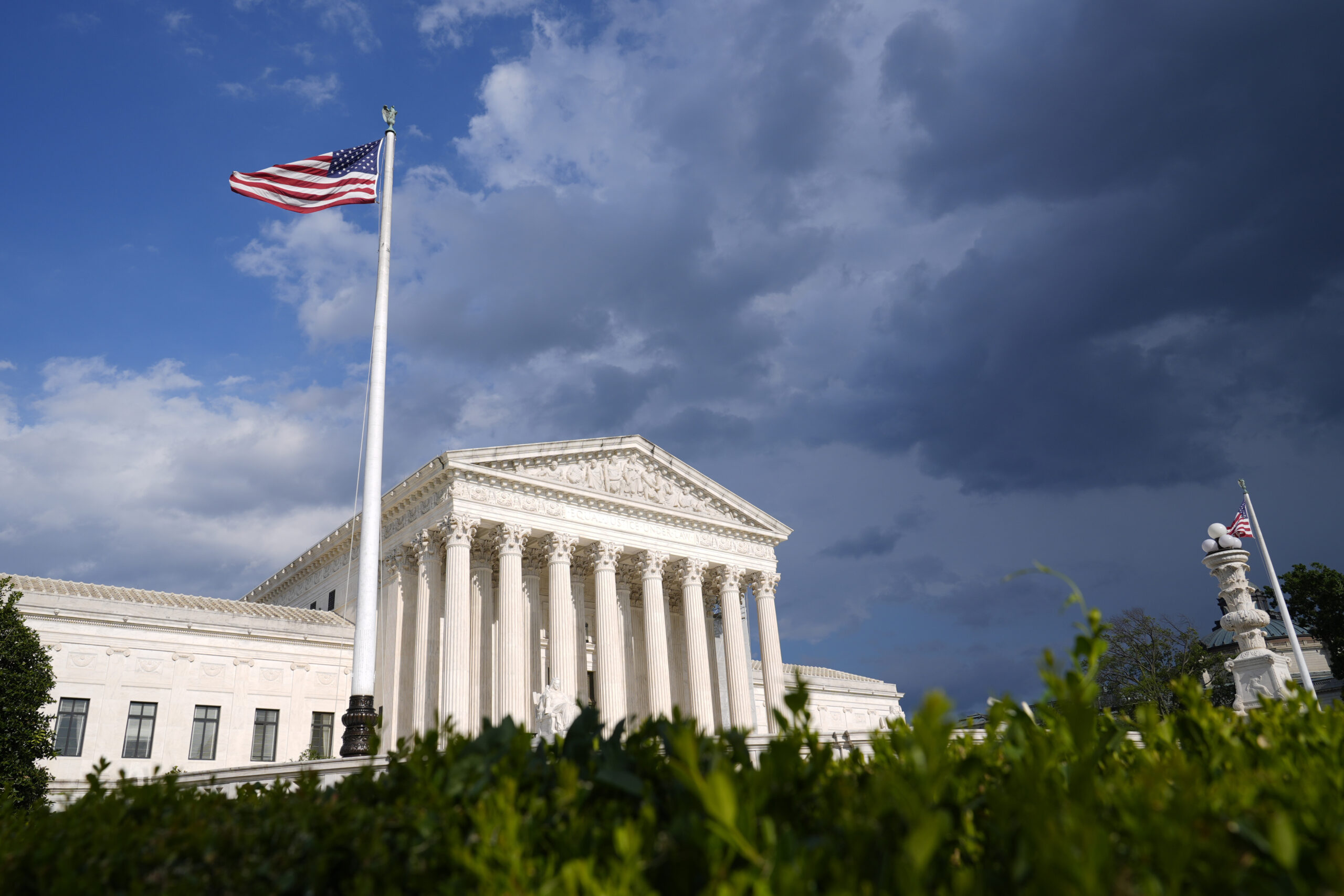The Supreme Court is signaling its readiness for an expansion of political free speech. That’s the upshot of the news that the Nine will hear a case over a decades-old federal campaign spending law that curbs how much the political parties can expend in tandem with their candidates. By removing that curb, the high court, in National Republican Senatorial Committee v. FEC, has a chance to broaden the free speech protections it marked in Citizens United.
That case, decided in 2010, struck down federal limits on union and corporate spending on “electioneering communications,” or political advertising, in layman’s terms. In doing so, the high court rebuked a core component of the McCain-Feingold law of 2002, the kind of purportedly good-government federal overreach that gives bipartisanship a bad name. Yet efforts, largely from the left, to curb campaign donations and spending go back decades.
The tendency among liberals to favor limits on money in politics, one imagines, reflects their hunch that stifling, say, political TV ads and other independent campaign spending leaves the field to the liberal press to dominate the debate and the coverage of the issues. That cozy arrangement prevailed for decades after the Watergate era, when many of the campaign spending curbs were enacted. It’s no wonder that the Citizens United ruling riled the Democrats.
President Obama in 2010 scored the Nine for having “reversed a century of law that I believe will open the floodgates for special interests — including foreign corporations — to spend without limit in our elections.” Elections, he sniffed, “should be decided by the American people,” not “bankrolled by America’s most powerful interests.” At the time, these columns noted how Mr. Obama’s remarks evinced a broader disdain among liberals for free speech.
Justice Elena Kagan, as it turns out, had argued the government’s side, which went down to defeat, in Citizens United. After acceding to the high bench, she went on to point to the majority’s reasoning in that case, among others, as evidence that conservatives were, in her view, “turning the First Amendment into a sword.” We took that as a sign that “liberals — with Justice Kagan in the van” — had “emerged as the enemies of the first article of the Bill of Rights.”
The liberal fury over free speech was summed up by the Times’s report that the right had “Weaponized the First Amendment.” All because the high court held that a corporation’s ability to spend on political advertising is entwined with its right to express its views in an election. Legislating otherwise, Justice Anthony Kennedy wrote for the majority, amounts to “chilling political speech, speech that is central to the meaning and purpose of the First Amendment.”
Justice Kennedy added, “Speech is an essential mechanism of democracy, for it is the means to hold officials accountable to the people,” stressing its importance “to the integrity of the election process.” So a “prohibition on corporate independent expenditures is thus a ban on speech,” he said. The “purpose and effect” of legal curbs on this speech, he concluded, “are to silence entities whose voices the Government deems to be suspect.”
Justice Kagan in a later case balked at this expansive sense of free expression. “Speech is everywhere — a part of every human activity,” she said. “So the majority’s road runs long. And at every stop are black-robed rulers overriding citizens’ choices.” It’s hard to square that appraisal with Justice Kagan’s support for more laws, regulations, and limits on the behavior of Americans, though. Nor is it clear that campaign spending limits make elections any fairer.
Feature how, in 2016, Secretary Clinton outsraised President Trump two-to-one, yet still went down to defeat. Nor was Elon Musk’s vast spending of much avail in Wisconsin’s supreme court race. All the more reason for the Nine to cast a wary eye on limits on coordinated spending between parties and their candidates. Quoth Justice Kennedy: “Political speech must prevail against laws that would suppress it, whether by design or inadvertence.”
(Except for the headline, this story has not been edited by PostX News and is published from a syndicated feed.)

